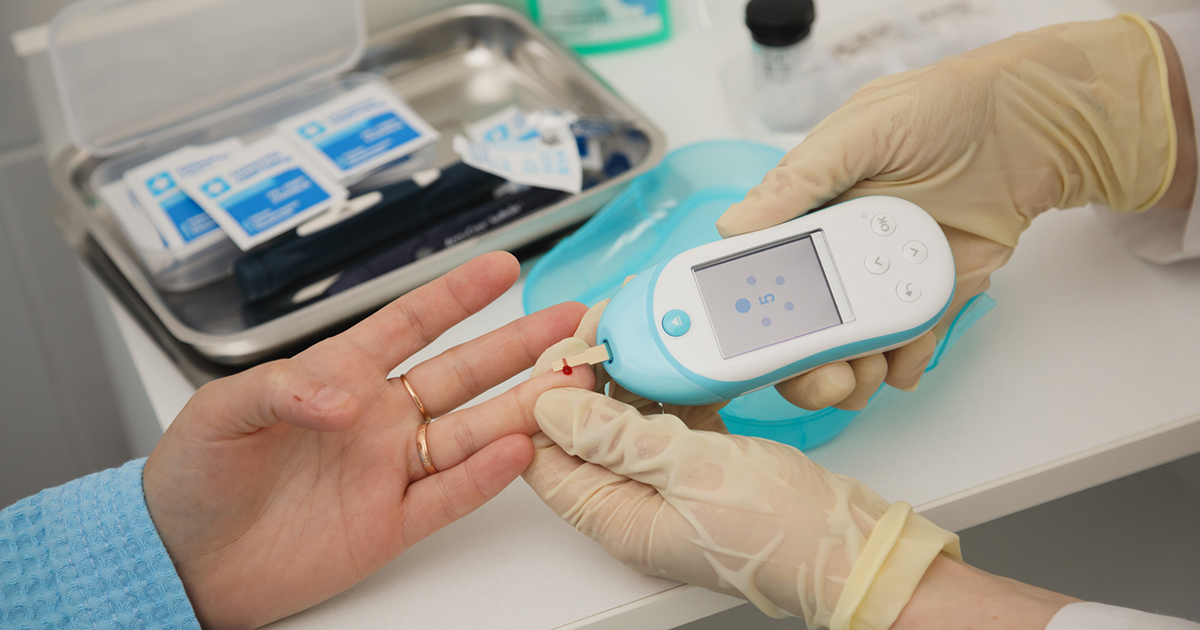Medical Consequences Of Childhood Obesity
Childhood obesity is linked to a higher chance of disability and premature death in adulthood. Obese children are also likely to stay overweight into adulthood while being more susceptible to some serious conditions at a younger age. For most illnesses that result from obesity, the risk depends on the age of onset and the period of obesity. Obese children and teens suffer from both long- and short-term medical consequences. Nevertheless, the most significant health risks of childhood obesity include heart disease, high blood pressure and cholesterol, sleep apnea, and fatty liver disease. It is also worth noting over 2.5 million individuals die every year due to obesity. This article will discuss how the above medical complications are linked to childhood obesity.
Diabetes

Research has revealed childhood obesity raises the risk of diabetes-mellitus by fourfold. United Kingdom scientists made this discovery after taking on a large-scale analysis of obesity and diabetes among British children. The findings stated the rising prevalence of obesity, the number of young adults and children diagnosed with diabetes has increased. The report went on to state an obese child has a four-fold greater risk of being diagnosed as diabetic before they reach twenty-five. These findings were found to be consistent with the existing literature, and given these conditions are preventable earlier on, it is imperative the public and policymakers invest and engage in the appropriate prevention efforts.
Continue reading to learn about the next medical consequence of childhood obesity.
Heart Disease

'Cardiometabolic Risks and Severity of Obesity in Children and Young Adults' is a study done with the help of over nine thousand overweight or obese children and teenagers. During the research, physicians checked their blood pressure and cholesterol levels in addition to other significant risk factors for cardiovascular disease. They discovered, on average, most obese or overweight children and adolescents had higher than normal blood pressures, high blood sugar levels, and bad cholesterol profiles. This was found to be true across all races, ethnicities, genders, and ages.
And because most of the study participants were between twelve and nineteen, the report concluded the more severely overweight a teen is, the more likely they will go on to develop heart problems. Moreover, the research also found out young men and boys tended to have unfavorable test results, which raises the concern childhood obesity could be having a more profound effect on them.
Keep reading to uncover the next consequence.
